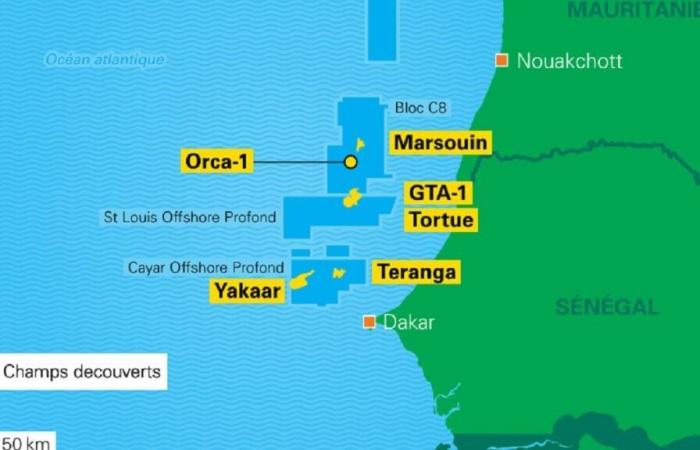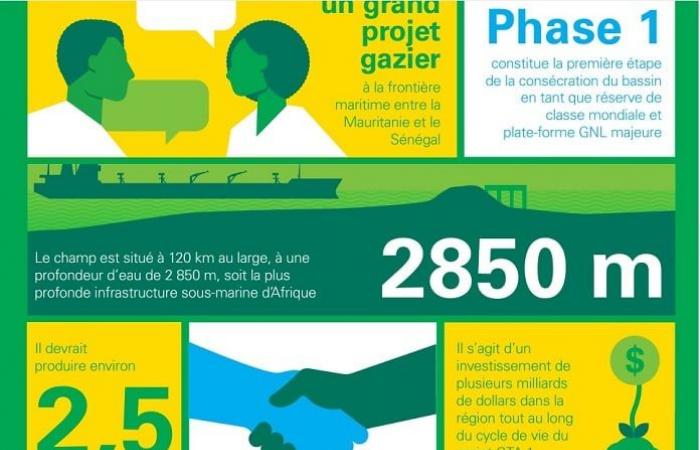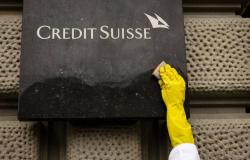In the open sea, on the border of Senegal and Mauritania, the Grand Tortue Ahmeyim (GTA) gas field has just entered production. A technical and diplomatic feat which marks a turning point for West Africa.
With its colossal reserves and state-of-the-art infrastructure, this project is already transforming Senegal and Mauritania into future regional gas powers, shaking up the continent’s energy balance. BP and Kosmos Energy, operators of the project, are thus initiating one of the most ambitious African industrial adventures of the decade.
In a global context marked by the search for new sources of natural gas supply, the start of production of the Grand Tortue Ahmeyim gas field represents a major step forward for West Africa. This cross-border project, the result of a collaboration between Mauritania and Senegal, has now established itself as one of the most strategic gas developments on the continent, comparable to the Mozambique LNG complex in terms of scale and regional impact.
An offshore deposit of impressive dimensions
The discovery of the GTA field in 2015 marked West African energy history. With its reserves estimated at around 450 billion cubic meters, this deposit rivals the large gas fields of North Africa, traditionally dominant on the continent. Its unique position, straddling the maritime borders of two countries, required an innovative approach to governance. The 2018 intergovernmental agreement between Mauritania and Senegal sets a remarkable precedent in cross-border resource management in Africa.
Off the coast of Mauritius-Senegal, one of the most modern gas infrastructures in the world is now deployed. The floating production unit navigates between technological innovation and compliance with the strictest environmental standards. This technical feat is in line with major offshore gas projects, such as those in the North Sea, while adapting to the specific challenges of West African waters.
Economic benefits in a changing regional context
The operation of the GTA comes at a crucial time for the West African economy. While Europe is seeking to diversify its sources of natural gas supply, particularly since the Ukrainian crisis, this project strategically positions Mauritania and Senegal on the global energy scene. The expected revenues are part of a broader regional dynamic, where several West African countries, such as Ghana and Ivory Coast, are also developing their gas sectors.
The GTA project illustrates a successful example of South-South cooperation. Mauritania and Senegal have been able to join forces to exploit their natural resources in a responsible and sustainable manner. This strategic partnership strengthens ties between the two nations and contributes to regional stability, while highlighting African capacities to manage energy projects of global scope.
Challenges and perspectives
The transparent management of gas revenues constitutes a major challenge to avoid any risk of corruption. In addition, the protection of the marine environment and the development of local skills in the energy sector are crucial to guarantee the sustainability and positive impact of the project in the long term. But with effective and sustainable management, GTA could usher in a new era of prosperity for both countries and beyond.







